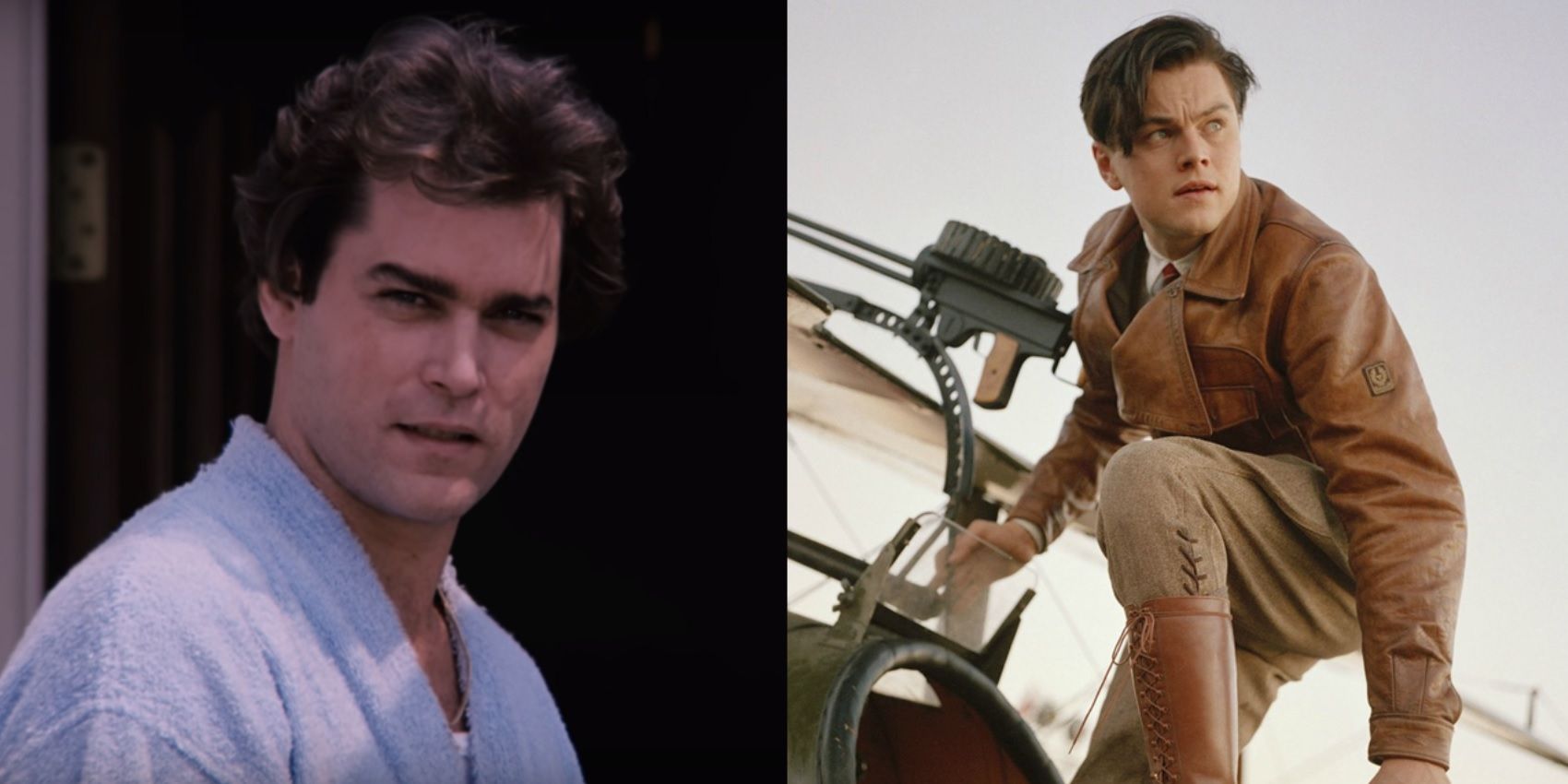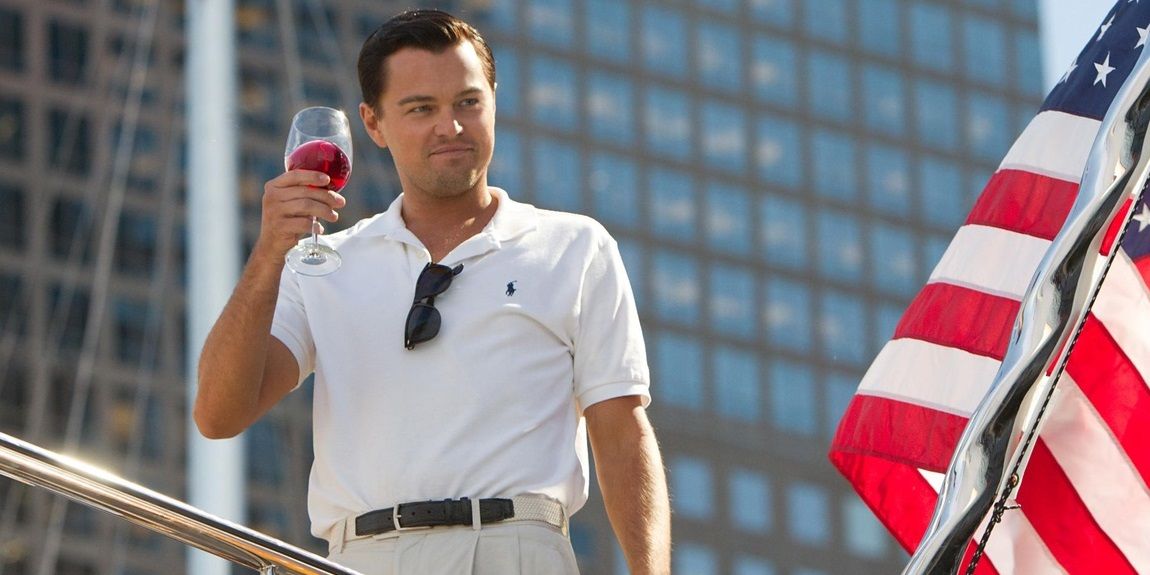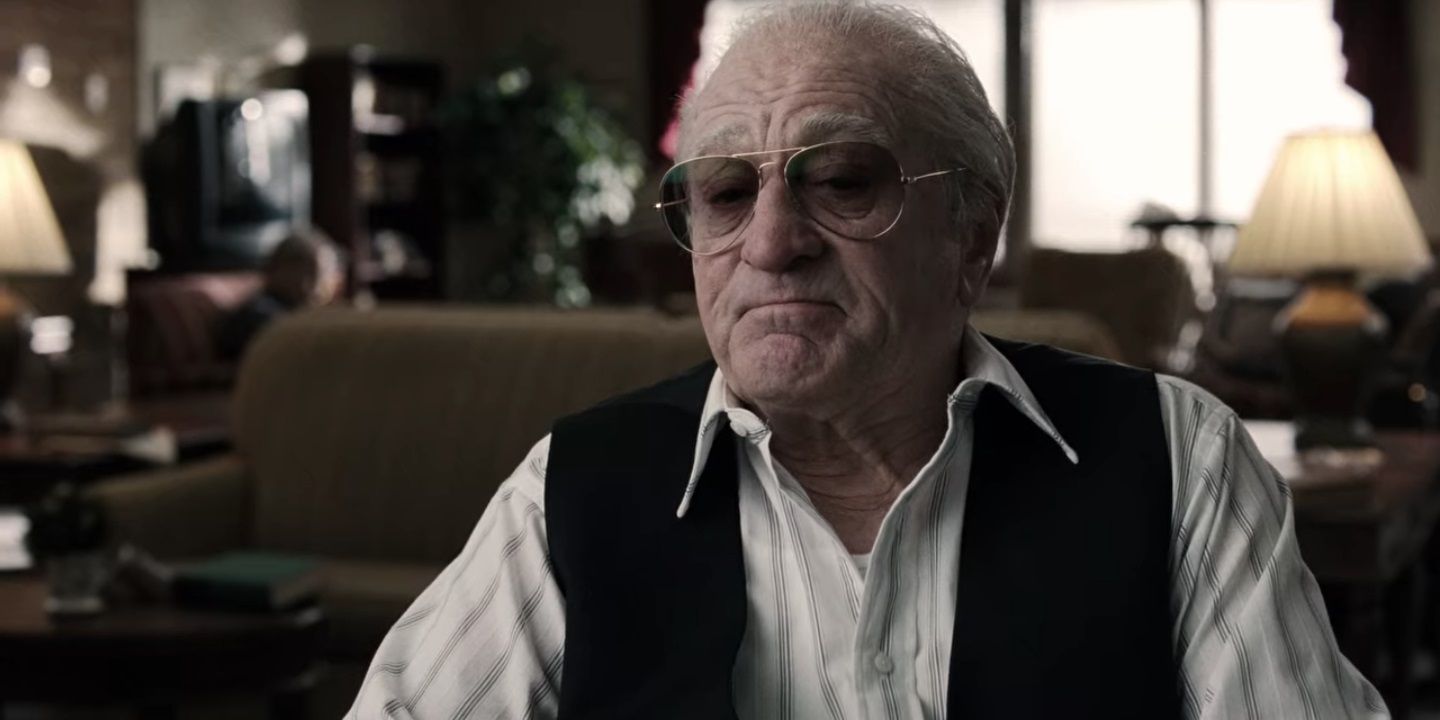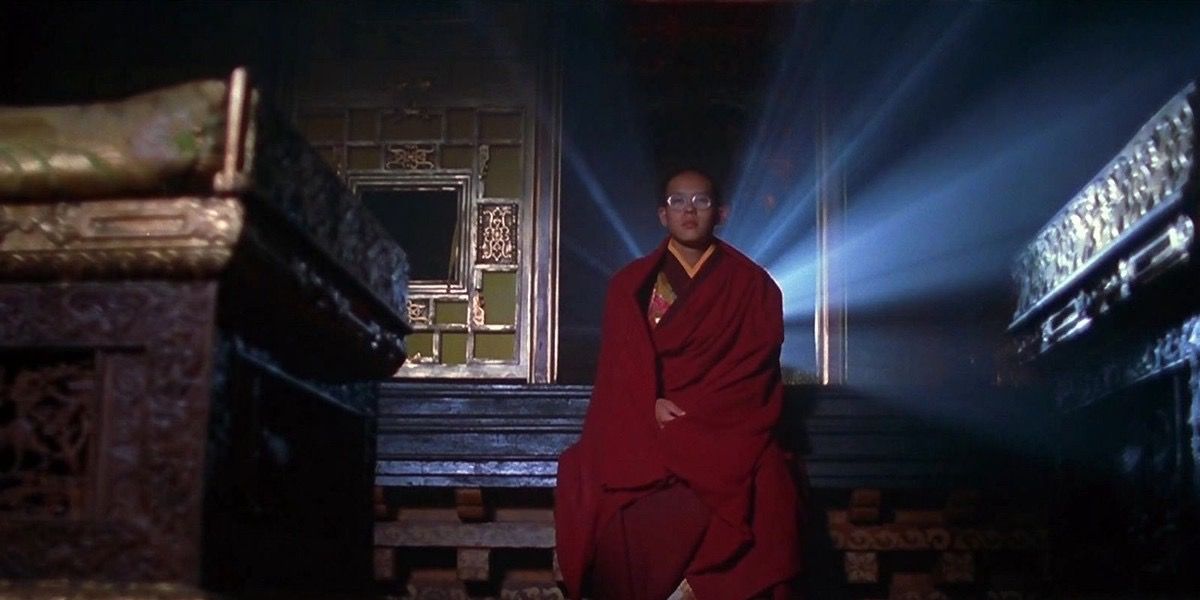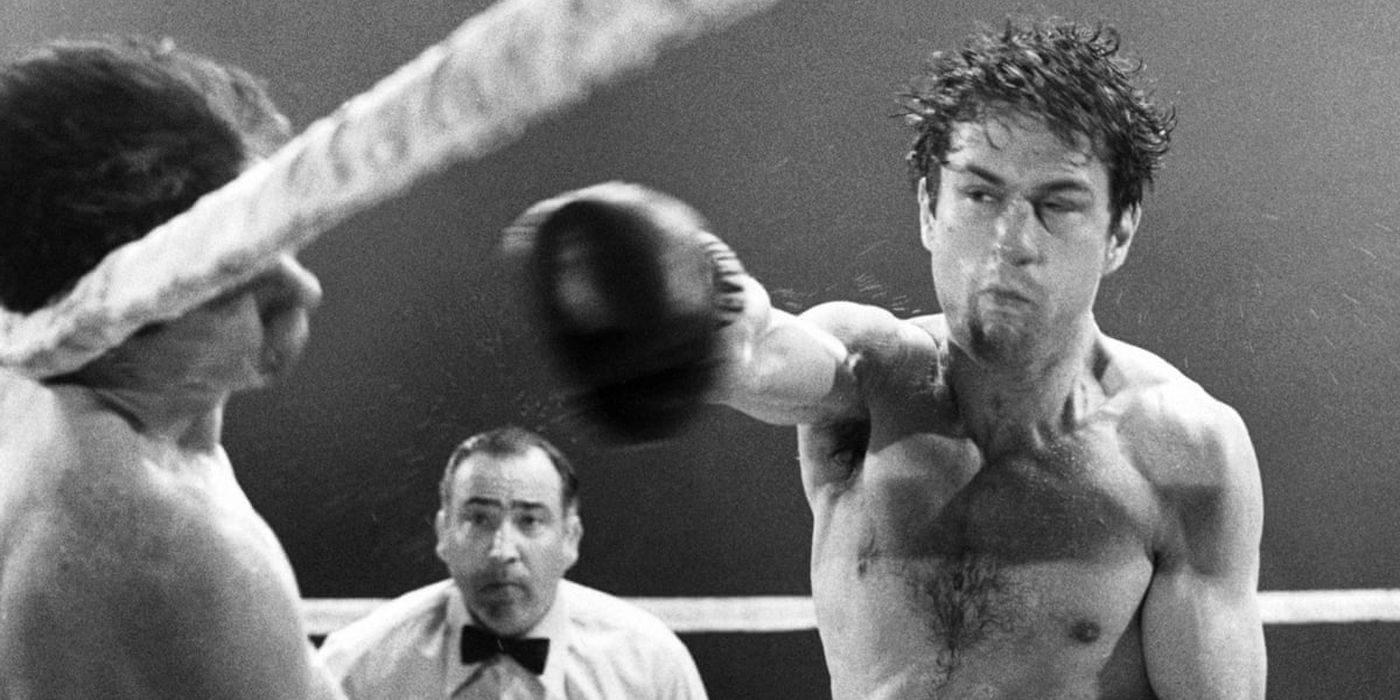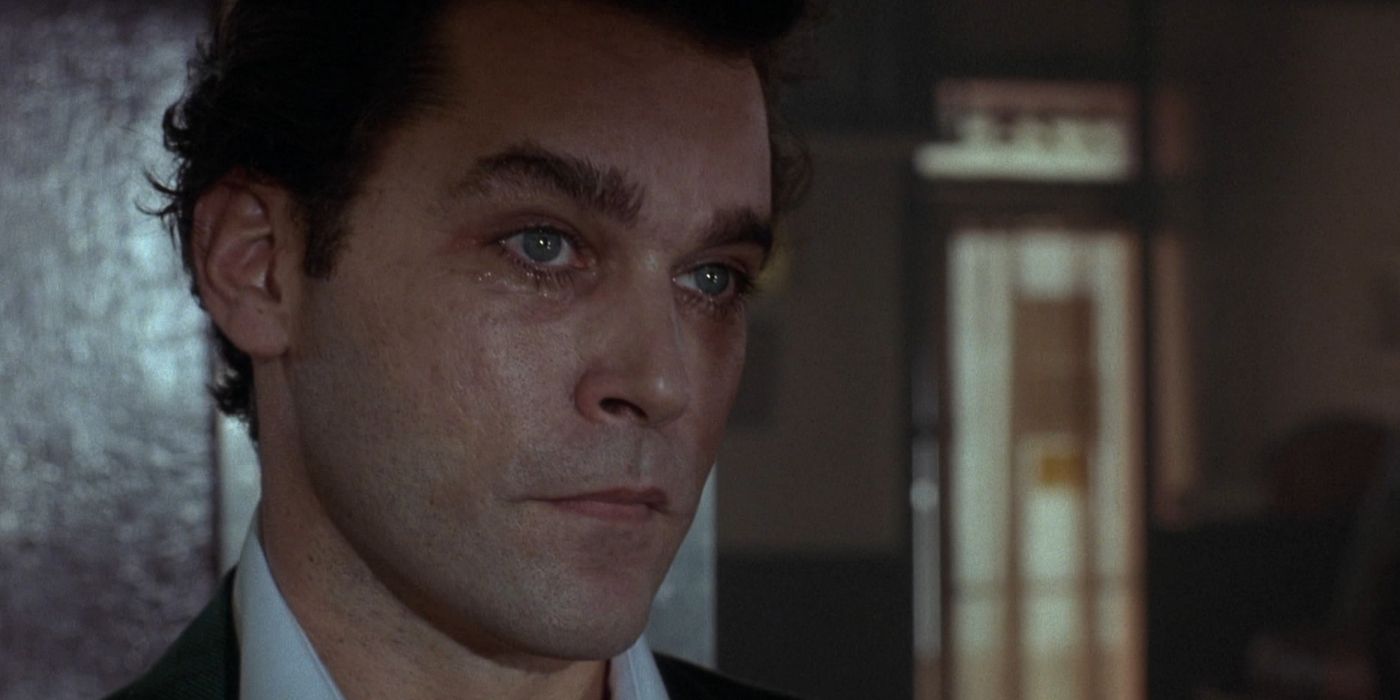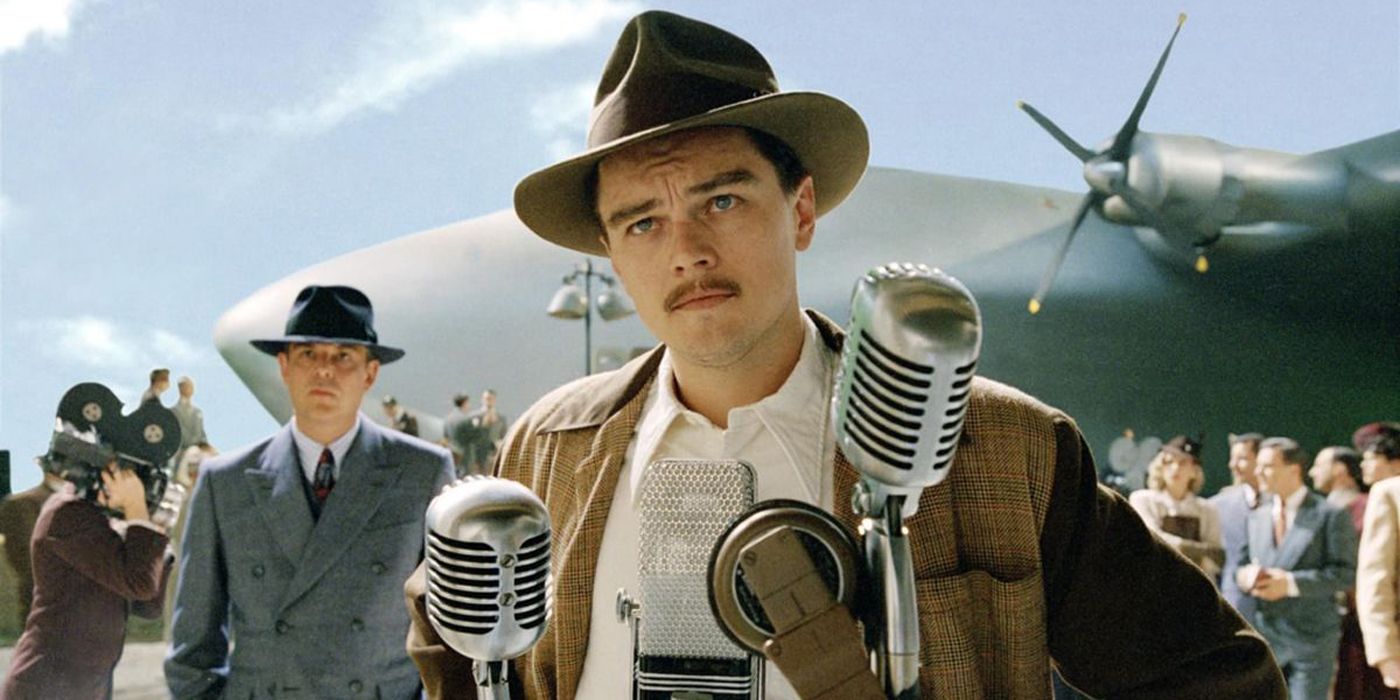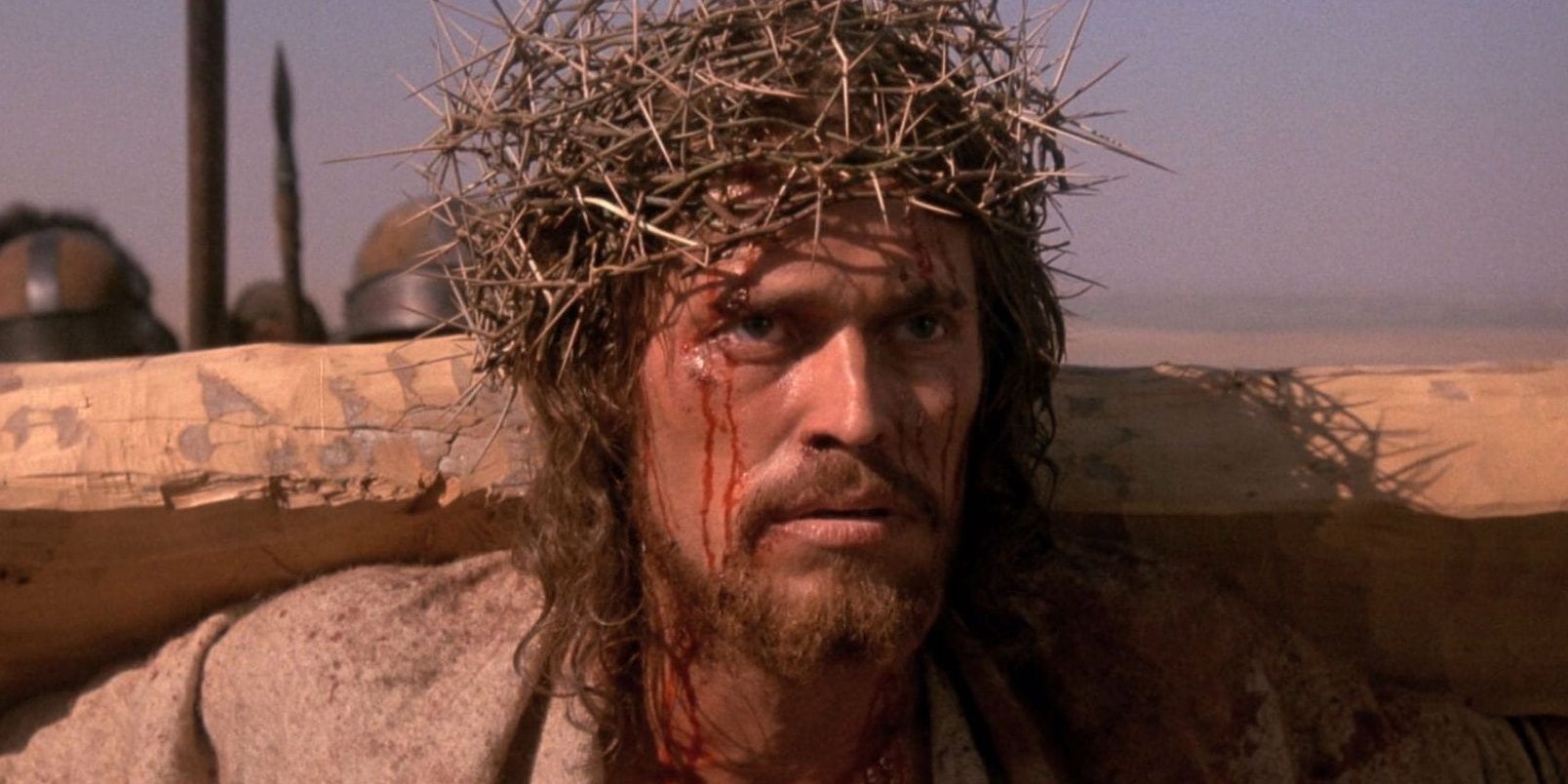Aside from exceptions like Cape Fear and The Departed, Martin Scorsese’s films typically aren’t plot-driven. Instead, the filmmaker tends to helm character studies of deeply flawed individuals. Scorsese directs gangster movies, horror movies, and the occasional dark comedy – but his style is tailor-made for biopics.
From Raging Bull to Goodfellas to The Irishman, some of Scorsese’s most acclaimed films have been biopics. Scorsese has made movies out of the life stories of a bunch of different figures, ranging from groundbreaking entrepreneurs like Howard Hughes to low-level mobsters like Henry Hill.
Jordan Belfort (The Wolf Of Wall Street)
Based on Jordan Belfort’s memoir of the same name, The Wolf of Wall Street stars Scorsese’s go-to leading man Leonardo DiCaprio as the notorious stockbroker. Belfort is a wholly unlikable, unsympathetic protagonist who conned working-class people out of their hard-earned money to increase his own wealth.
Critics are divided on whether The Wolf of Wall Street indulges Belfort’s behavior or satirizes it. He claims he can spend these people’s money better than they can and uses it to fund his sex-and-drugs-and-rock-and-roll lifestyle. This absurd life of excess is shown to be just that: too much.
Frank Sheeran (The Irishman)
Scorsese’s Netflix crime epic The Irishman reunited him with Robert De Niro for a more mature, cerebral take on the Goodfellas formula. Based on I Heard You Paint Houses by Charles Brandt, The Irishman chronicles the life of mob hitman Frank Sheeran – specifically through his friendship with union boss Jimmy Hoffa, played by Al Pacino. Sheeran claimed responsibility for Hoffa’s infamous unsolved murder, and although that account is heavily disputed, the movie presents it unambiguously as fact.
Taken as a story in the context of the movie, factual or not, The Irishman is a quintessential tragedy. Frank forges a heartfelt friendship with Jimmy, only to be tasked with “painting his house.” He kills a bunch of people in the movie, but he’s never the same after killing Jimmy. This is Scorsese’s definitive cautionary tale about the dangers of a life of crime. Frank ends up completely alone in a nursing home, abandoned by his family. He doesn’t even know it’s Christmas.
The 14th Dalai Lama (Kundun)
One of Scorsese’s lesser-known movies, Kundun, is a biopic of Tenzin Gyatso, the 14th Dalai Lama. Unlike Scorsese’s other biopic subjects, the Dalai Lama is thinly characterized. He’s depicted as a perfect person, not a flawed person striving for perfection.
Roger Ebert’s review negatively compared Scorsese’s pristine characterization of the Dalai Lama to his more engaging and three-dimensional portrayal of Jesus Christ in The Last Temptation of Christ.
Jake LaMotta (Raging Bull)
De Niro received a much-deserved Best Actor award at the Oscars for his turn as volatile boxer Jake LaMotta in Scorsese’s raw, honest, warts-and-all biopic Raging Bull. Scorsese’s uncompromising portrait of LaMotta depicts him as a tragic figure, but not a sympathetic one.
A running thread in the movie is that LaMotta’s rage isn’t confined to the ring. His violent temper drives away everybody who ever loved him. He loses his wife, his kids, and his brother, and ends up alone, performing in nightclubs, talking to himself in the dressing room mirror, wishing he could go back to the good old days.
Henry Hill (Goodfellas)
Crime reporter Nicholas Pileggi’s biography of Henry Hill, Wiseguy: Life in a Mafia Family, formed the basis for arguably Scorsese’s finest film, Goodfellas. Opening with the iconic line, “As far back as I can remember, I always wanted to be a gangster,” the screenplay was co-written by Pileggi and Scorsese. Henry’s central conflict is that he wants the glitz and glamor of mafia life, but he’s not prepared to get his hands dirty.
Like all the best Scorsese protagonists, Henry causes his own downfall. He invests in the drug trade against his mentor Paulie’s wishes and ends up getting hooked on his own supply. At the beginning of the movie, he’s told that ratting on his friends is the absolute worst thing he could do. At the end of it, he rats on all his friends to save himself and his family.
Howard Hughes (The Aviator)
DiCaprio gave one of the most acclaimed performances of his career in The Aviator, Scorsese’s biopic of Howard Hughes. Scorsese manages to cover every facet of Hughes’ sprawling, complicated life in the near-three-hour runtime of this movie.
Hughes is one of history’s most prolific multi-hyphenates. He’s an entrepreneur, an engineer, a filmmaker, a philanthropist, and a record-setting pilot. He’s also one of history’s most eccentric figures who grew out his fingernails and peed in milk bottles. DiCaprio beautifully captures both sides of this historical icon.
Jesus Christ (The Last Temptation Of Christ)
The most interesting figure that Scorsese has immortalized with a cinematic biography is Jesus Christ. Rather than being adapted straight from the holy text of the Bible, Scorsese’s Jesus biopic is taken from the fictionalized telling of Jesus’ life story in Nikos Kazantzakis’ novel The Last Temptation of Christ.
Played by Willem Dafoe, this Jesus isn’t blindly deified; he’s depicted as a human being with faults. Scorsese presents Christ as an imperfect man who strives for greatness but often falls short, which makes him more relatable.

